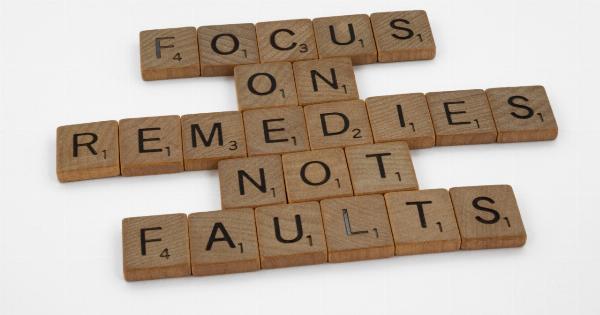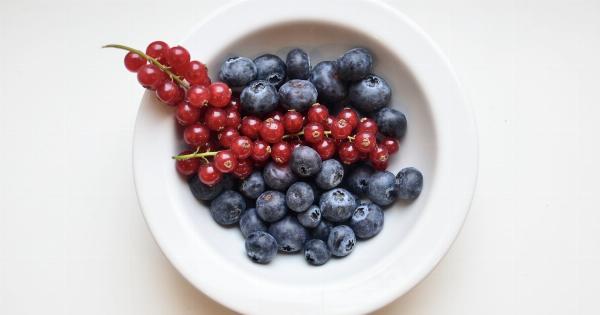High blood pressure, also known as hypertension, is a common condition that affects millions of people worldwide. If left uncontrolled, it can lead to serious health issues such as heart disease, stroke, and kidney problems.
While medication is often prescribed to manage hypertension, there are also several natural ways to lower blood pressure. By incorporating simple lifestyle changes into your daily routine, you can effectively control your blood pressure levels and improve your overall health.
In this article, we will explore some useful tips and tricks to help you lower your blood pressure naturally.
1. Monitor your blood pressure regularly
The first step in managing your blood pressure is to understand your current levels. Regularly monitor your blood pressure at home using a reliable blood pressure monitor.
This will help you keep track of any changes and enable you to take appropriate actions accordingly.
2. Maintain a healthy weight
Being overweight or obese puts extra strain on your heart, increasing the risk of high blood pressure. By maintaining a healthy weight, you can significantly lower your blood pressure levels.
Incorporate a balanced diet rich in fruits, vegetables, whole grains, and lean proteins. Additionally, engage in regular physical activity to help shed excess weight and improve cardiovascular health.
3. Follow a heart-healthy diet
What you eat plays a crucial role in managing your blood pressure. Opt for a diet low in sodium and high in potassium, as potassium helps balance the negative effects of sodium.
Include foods such as bananas, oranges, spinach, tomatoes, and sweet potatoes in your diet. Reduce your intake of processed and high-sodium foods, as they can contribute to elevated blood pressure levels.
4. Limit your sodium intake
Excessive sodium consumption is a leading cause of high blood pressure. Aim to limit your daily sodium intake to less than 2,300 milligrams, or even less if you have existing hypertension or are at risk.
Avoid adding extra salt to your meals and carefully read food labels for hidden sources of sodium. Opt for natural herbs and spices to flavor your dishes instead.
5. Engage in regular physical activity
Regular exercise is key to maintaining good cardiovascular health and managing blood pressure. Aim for at least 150 minutes of moderate-intensity aerobic activity or 75 minutes of vigorous-intensity aerobic activity per week.
Find activities you enjoy, such as brisk walking, swimming, cycling, or dancing, and make them a part of your routine.
6. Manage stress levels
Chronic stress can contribute to high blood pressure. Find healthy ways to manage stress and incorporate relaxation techniques into your daily life.
This can include activities such as meditation, deep breathing exercises, yoga, or engaging in hobbies that bring you joy and promote calmness.
7. Limit alcohol consumption
Excessive alcohol consumption can raise blood pressure and contribute to other health problems. Limit your alcohol intake to moderate levels, which means up to one drink per day for women and up to two drinks per day for men.
8. Quit smoking
Smoking can significantly raise blood pressure and damage your blood vessels. Quitting smoking is one of the best things you can do for your overall health. Seek support from healthcare professionals, friends, and family to successfully quit smoking.
9. Get enough quality sleep
Poor sleep quality and insufficient sleep can impact your blood pressure levels. Aim for 7-8 hours of quality sleep each night.
Establish a soothing bedtime routine, avoid electronic devices before bed, and create a comfortable sleep environment to ensure you are well-rested.
10. Cut back on caffeine
While moderate caffeine consumption may not have a significant impact on blood pressure for most individuals, excessive intake can temporarily raise blood pressure.
If you are sensitive to caffeine, consider reducing your consumption of coffee, tea, energy drinks, and other caffeinated beverages.
By incorporating these tips and tricks into your lifestyle, you can naturally lower your blood pressure and reduce the risk of developing hypertension-related complications.
Establishing healthy habits and making simple changes can have a significant positive impact on your overall health. Prioritize your well-being by managing your blood pressure through natural means.


























